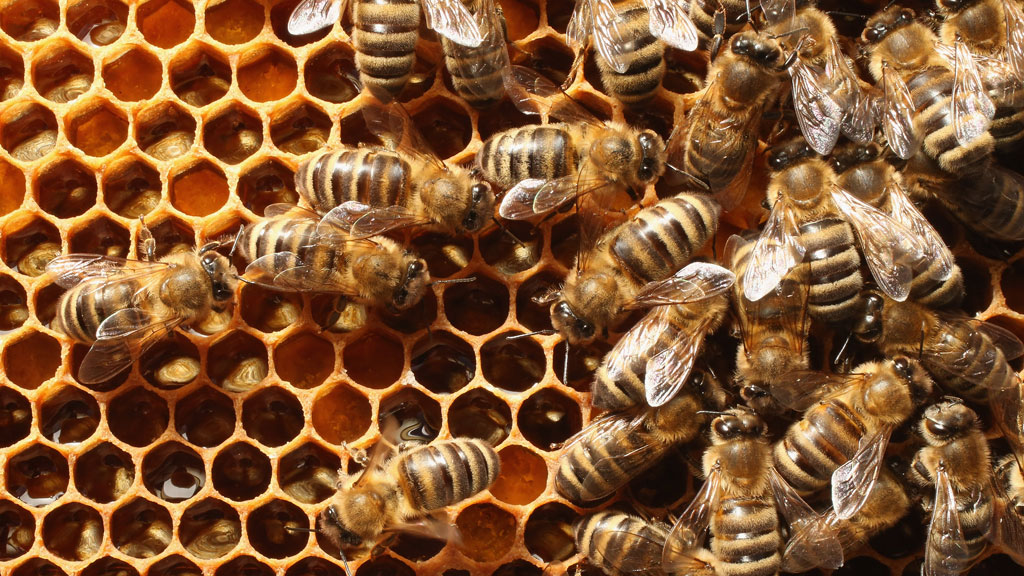Bees’ needs: government promises to tackle rapid decline
The government promises a new strategy to tackle the rapid decline in Engand’s bees and “turn dialogue into action”. Campaigners say it is a start – and call for an urgent bee action plan.

England’s bee population is declining – and fast. And whether it is due to climate change, the use of pesticides, urban sprawl or intensive farming, campaigners say there is an urgent need to act now, and act fast.
Environment Minister Lord de Mauley said he would launch an urgent review of current policy to identify what needed to be done, and called for a “national polinator strategy” to investigate the various causes of bee decline and set out a plan of action.
“We must develop a better understanding of the factors that can harm these insects and the changes that government, other organisations and individuals can make to help,” he said.
The minister unveiled his proposals at a “bee summit” organised by Friends of the Earth, together with supermarket chains Waitrose and the Co-op, and the Women’s Institute.
Bee summit
They have brought together retailers, scientists, farmers, chemical companies and other organisations to discuss what action to take, with a seven-point plan in an open letter by leading scientists.
200 MPs and more than 70,000 individuals have already backed the plan in the face of alarming evidence. According to research, many of the country’s 250 species of bees are in trouble.
Wild honey bees are now almost extinct, while some species of bumblebee have been lost altogether. A report published in May blamed the decline in the bee population on changes in the way the countryside is used and managed, along with the increasing sprawl of urban areas.
Another survey earlier this month showed that a third of England’s bee colonies did not survive the winter, hit hard by the poor weather.
We can’t afford to gamble any longer with our food, countryside and economy. Andy Atkins, Friends of the Earth
Quentin Clark, head of sustainability at Waitrose, said bee pollination was an essential part of producing most of the country’s crops. “Bee decline is therefore more than a business risk, it’s a potential risk to bee security,” he said.
The Co-operative supermarket has also funded research into potential solutions, and taken action to reduce the use of certain pesticides, while the Women’s Institute said its members wanted the government to show leadership, insisting: “We cannot afford to simply stand by and do nothing”.
Friends of the Earth has lent what it called a “cautious welcome” to Lord de Mauley’s pledge, while its director Andy Atkins said all government departments must get involved, as a matter of urgency.
“The minister’s plan of action must be in place when bees emerge from hibernation next spring”, he said. “We can’t afford to gamble any longer with our food, countryside and economy.”
-
Latest news
-
Laughing Boy: New play tells the tragic tale of Connor Sparrowhawk5m

-
Sewage warning system allows some of worst test results to be left off rating system, analysis shows3m

-
Post Office inquiry: Former CEO didn’t like word “bugs” to refer to faulty IT system4m

-
Israeli soldier speaks out on war in Gaza12m

-
PM’s defence spending boost should be ‘celebrated’, says former Armed Forces Minister4m

-




